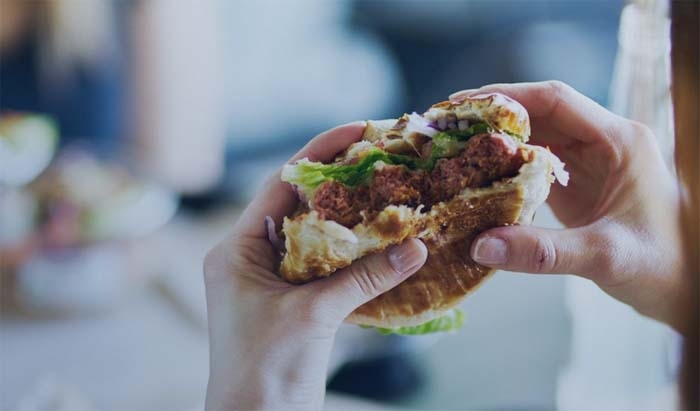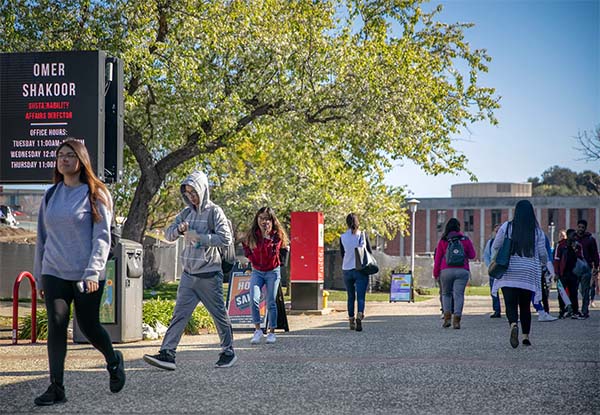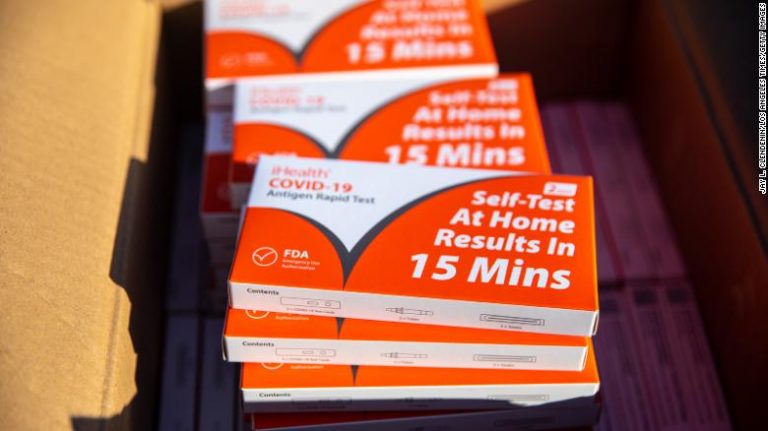
As it happens, Gandhi was having a picnic. And on this occasion, India’s future national hero – and one of the most famous vegetarians in history – wasn’t planning to dine on cucumber sandwiches. No, for the first time in his life, he was going to eat meat.
As he later wrote in his biography, Gandhi was raised as a strict Vaishnava Hindu, so he had never even seen meat before this fateful day. But his picnic companion was a shady character with an unusual obsession – the idea that meat held the key to being physically and mentally strong.
In the end, Gandhi braved the meat. It was as tough as leather.
The idea that avoiding meat is bad for our brains makes some intuitive sense; anthropologists have been arguing about what our ancestors ate for decades, but many scientists think that there was a lot of bone-crunching and brain-slurping on the road to evolving these remarkable 1.4kg (3lb) organs. Some have even gone so far as to say that meat made us human.
For the full story, visit BBC.com/Future.







